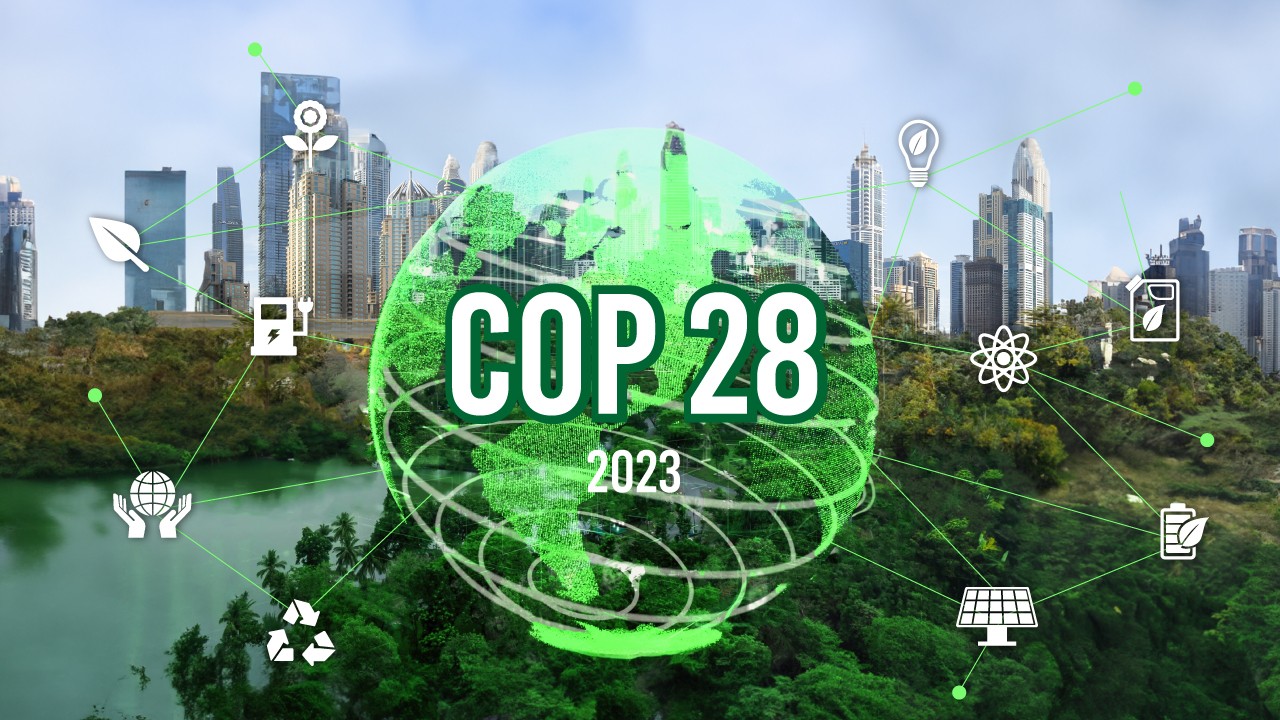- Kenya's commitment to sustainable growth was evident in the resolutions of COP28. The nation's emphasis on renewable energy sources, including geothermal, wind, and solar, exemplifies its steadfast dedication to an eco-friendly future, aligning with the urgency emphasized by COP28's directives.
Kenya's unwavering dedication to sustainability echoes the global call for urgent climate action at COP28 in Dubai.
As nations gathered at Expo City Dubai from November 30 to December 12, 2023, the conference marked a pivotal moment in the global climate narrative, emphasizing the need for accelerated efforts to reduce emissions and support vulnerable nations.
COP28 served as the platform for the inaugural "global stocktake," a comprehensive assessment of global climate action mandated by the Paris Agreement.
The results were unequivocal: a faster transition from traditional energy sources to renewables was imperative. This watershed moment signaled a potential shift away from fossil fuel reliance.
Kenya's Commitment to Sustainable Growth
Read More
Kenya's commitment to sustainable growth was evident in the resolutions of COP28. The nation's emphasis on renewable energy sources, including geothermal, wind, and solar, exemplifies its steadfast dedication to an eco-friendly future, aligning with the urgency emphasized by COP28's directives.
Urgency for Prompt Action
The conclusion of COP28 underscored the necessity for immediate action. The outcomes of the conference heralded a new era of urgency in climate response.
For Kenya, COP28 reinforced the understanding that the future poses immediate challenges that demand bold and expeditious action.
Key Highlights for Kenya's Climate Response
1. Strengthening Climate Resilience: Kenya's focus on enhancing climate resilience, particularly for vulnerable urban communities, is critical. Substantial investments are planned to improve resilience in these areas, necessitating significant funding.
2. Advancing Clean Energy: Kenya aims to achieve 100% sustainable energy by 2030, with projects like the Ngong Wind Power Station leading the way. This aligns with COP28's emphasis on accelerating the transition to renewable energy sources.
3. Enhancing Climate-Smart Agriculture: Climate-smart agriculture remains a priority for Kenya, ensuring food security while addressing climate change. The adoption of practices that boost productivity, resilience, and emissions reduction is essential.
4. Fostering International Cooperation: COP28 has facilitated increased bilateral cooperation between Kenya and nations like the UAE, fostering collaboration on climate-related matters and strengthening Kenya's efforts to tackle climate change.
5. Policy and Action: Kenya has been at the forefront of enacting comprehensive laws and policies for national and subnational climate action in Africa. Continued development and implementation of these policies will be vital for achieving Kenya's sustainable development goals.




-1769677767.jpg)

